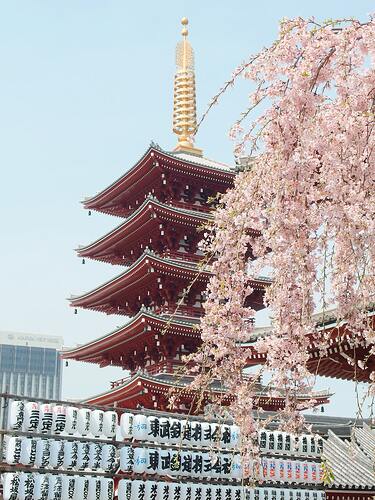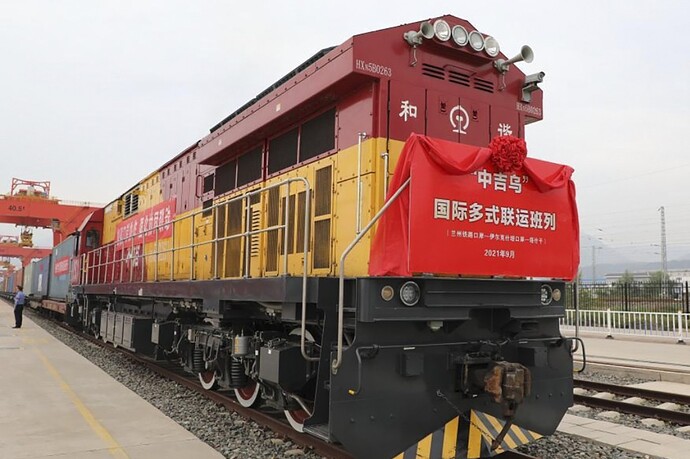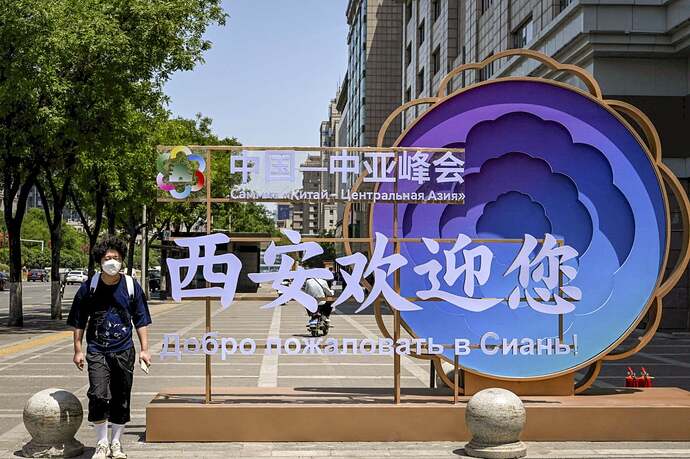The Central Asia Summit, also known as the Central Asian Cooperation Organization (CACO), is an intergovernmental organization consisting of five countries of Central Asia: Kazakhstan, Kyrgyzstan, Uzbekistan, Tajikistan, and Turkmenistan. The organization was established with the aim of promoting regional cooperation and integration in various sectors such as trade, transport, energy, and security.
History
The roots of Central Asian cooperation can be traced back to the early 1990s when the five countries gained their independence from the Soviet Union. In 1991, the Central Asia Economic Community (CAEC) was established, which was later transformed into Central Asia Regional Economic Cooperation (CAREC) in 1997. However, the limited success of CAREC in promoting regional integration led to the creation of the Central Asia Summit in 2002.
The idea of the Central Asia Summit was first proposed by Kazakhstan’s President Nursultan Nazarbayev in 1994. It was not until 2002 that the five countries officially agreed to establish the organization during a summit in Almaty, Kazakhstan. The organization was officially launched in 2003 with the signing of the Declaration on the Establishment of the Central Asia Cooperation Organization.
Structure and Objectives
The Central Asia Summit is based on the principle of consensus and operates on the basis of annual rotating chairmanship. Each member country takes turns to assume the chairmanship for a one-year term. The organization has a secretariat, which is located in Tashkent, Uzbekistan.
The main objectives of the Central Asia Summit are to:
- Promote political, economic, and cultural cooperation among member states
- Improve the living standards of the people in the region through regional integration and cooperation in various sectors
- Promote stability and security in the region through cooperation on security issues such as combating terrorism, drug trafficking, and organized crime
- Strengthen the voice of Central Asia in regional and global forums
Activities and Achievements
Since its establishment, the Central Asia Summit has been actively working towards achieving its objectives. The organization has held annual summits, which provide the member states with a platform to discuss and address regional issues.
One of the main sectors of cooperation within the Central Asia Summit is trade and economic cooperation. The member states have been working towards creating a free trade zone in the region since 2003. In 2018, the member states signed an agreement to establish a free trade zone, which is expected to boost intra-regional trade and investment.
Transport and connectivity are also important areas of cooperation within the Central Asia Summit. The organization has been working on several infrastructure projects, such as the Trans-Caspian Transport Corridor and the Central Asia-China gas pipeline. These projects are expected to improve regional connectivity and promote trade.
Security cooperation is also a key area of cooperation within the Central Asia Summit. The member states have been working together to combat terrorism, drug trafficking, and organized crime. The organization has also been involved in promoting regional peace and stability through its peacekeeping missions in conflict zones such as Afghanistan.
The Central Asia Summit has also made progress in cultural cooperation. The organization has been involved in promoting cultural exchanges and developing tourism in the region.
Challenges
Despite its achievements, the Central Asia Summit faces several challenges. One of the main challenges is the lack of trust and cooperation between some of the member states, particularly Uzbekistan and Tajikistan. The two countries have a long-standing border dispute, which has led to tensions and occasional clashes.
Another challenge is the lack of progress in promoting democracy and human rights in the region. Some of the member states have been criticized for their poor human rights records and lack of political freedoms.
Conclusion
The Central Asia Summit has made significant progress in promoting regional cooperation and integration in various sectors. The organization has the potential to play an important role in promoting regional stability and prosperity. However, the organization needs to address the challenges it faces, particularly the lack of trust and cooperation between some of the member states and the need to promote democracy and human rights in the region.
Disclaimer
6do Encyclopedia represents the inaugural AI-driven knowledge repository, and we cordially invite all community users to collaborate and contribute to the enhancement of its accuracy and completeness.
Should you identify any inaccuracies or discrepancies, we respectfully request that you promptly bring these to our attention. Furthermore, you are encouraged to engage in dialogue with the 6do AI chatbot for clarifications.
Please be advised that when utilizing the resources provided by 6do Encyclopedia, users must exercise due care and diligence with respect to the information contained therein. We expressly disclaim any and all legal liabilities arising from the use of such content.















